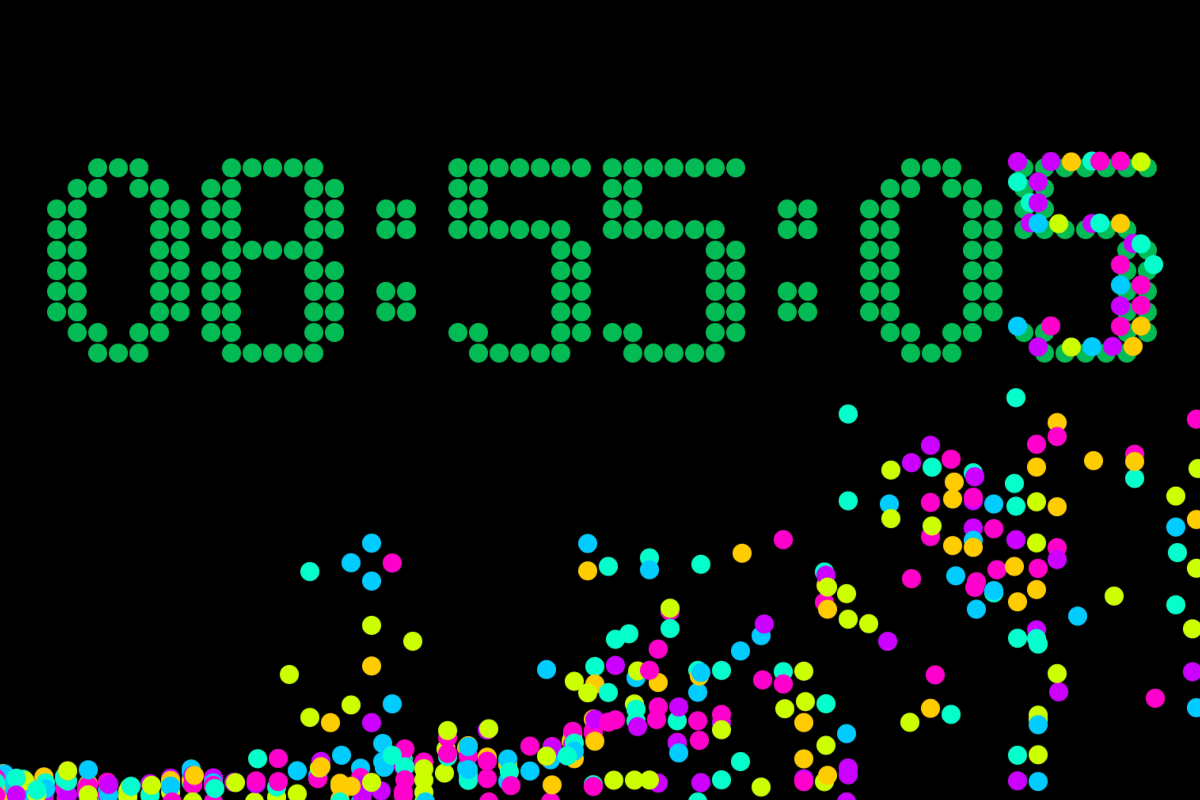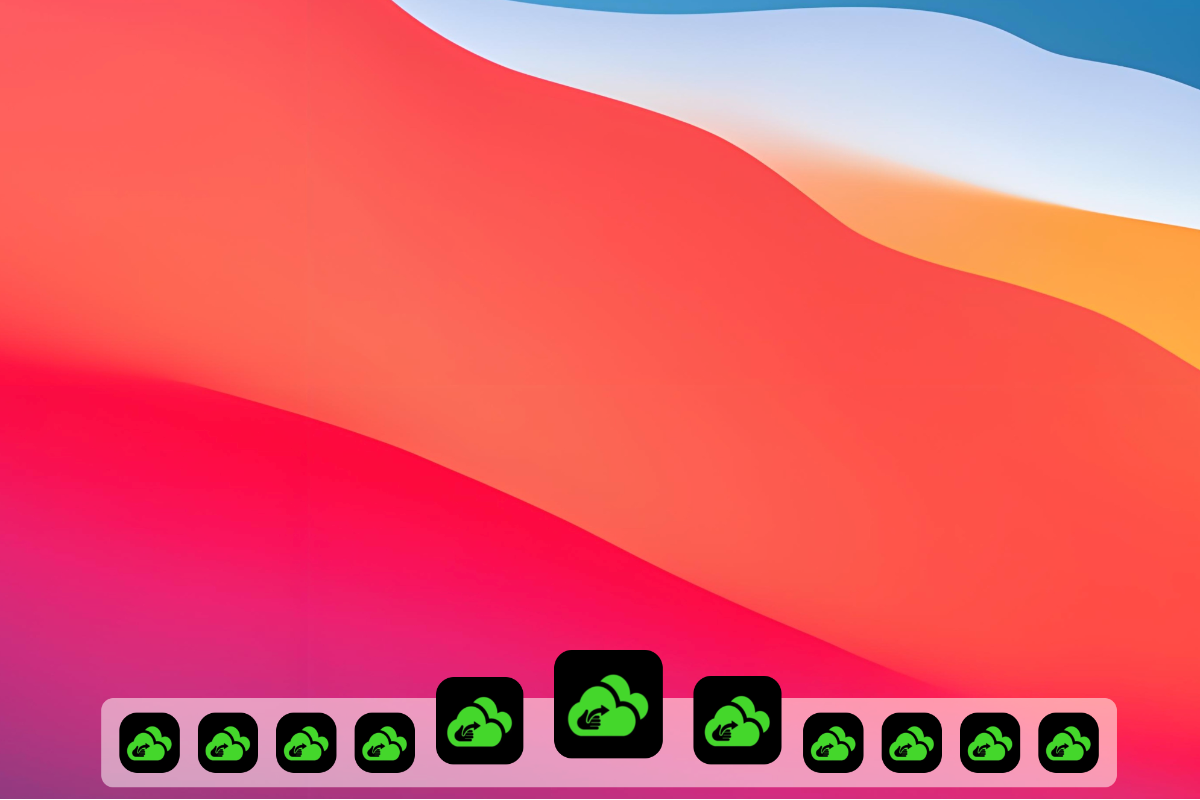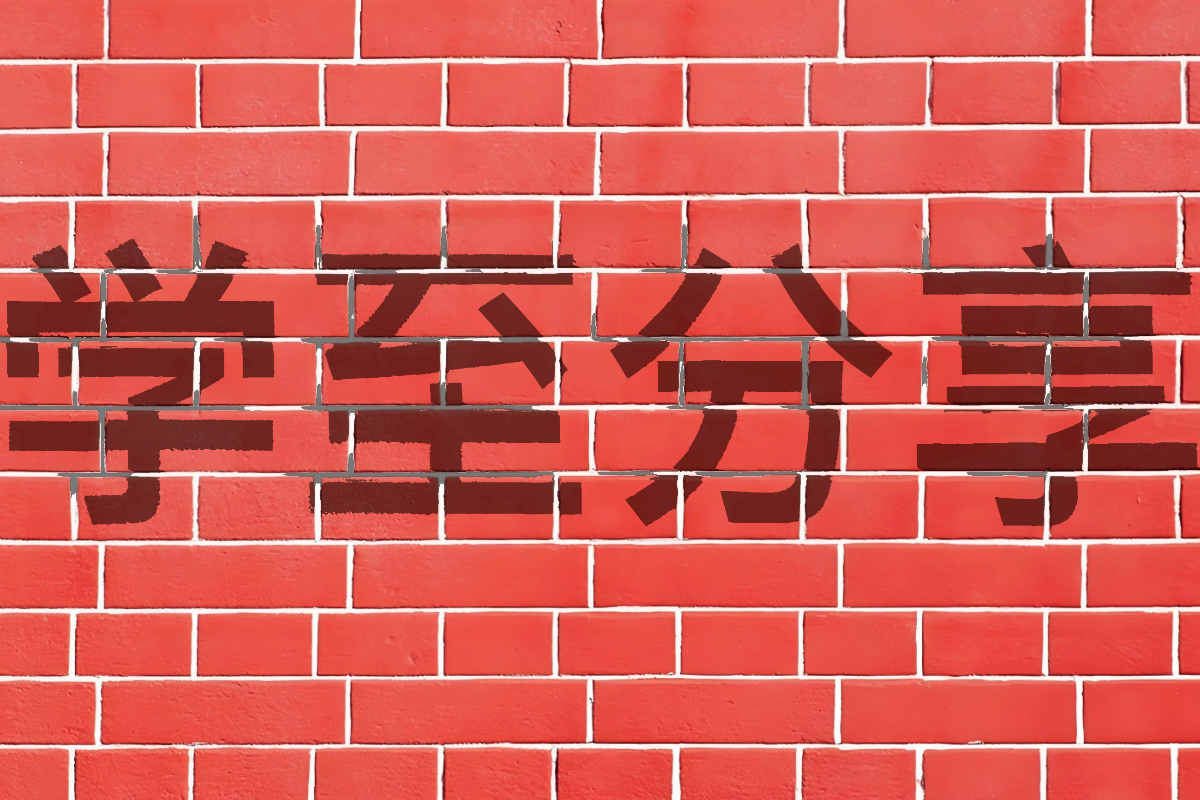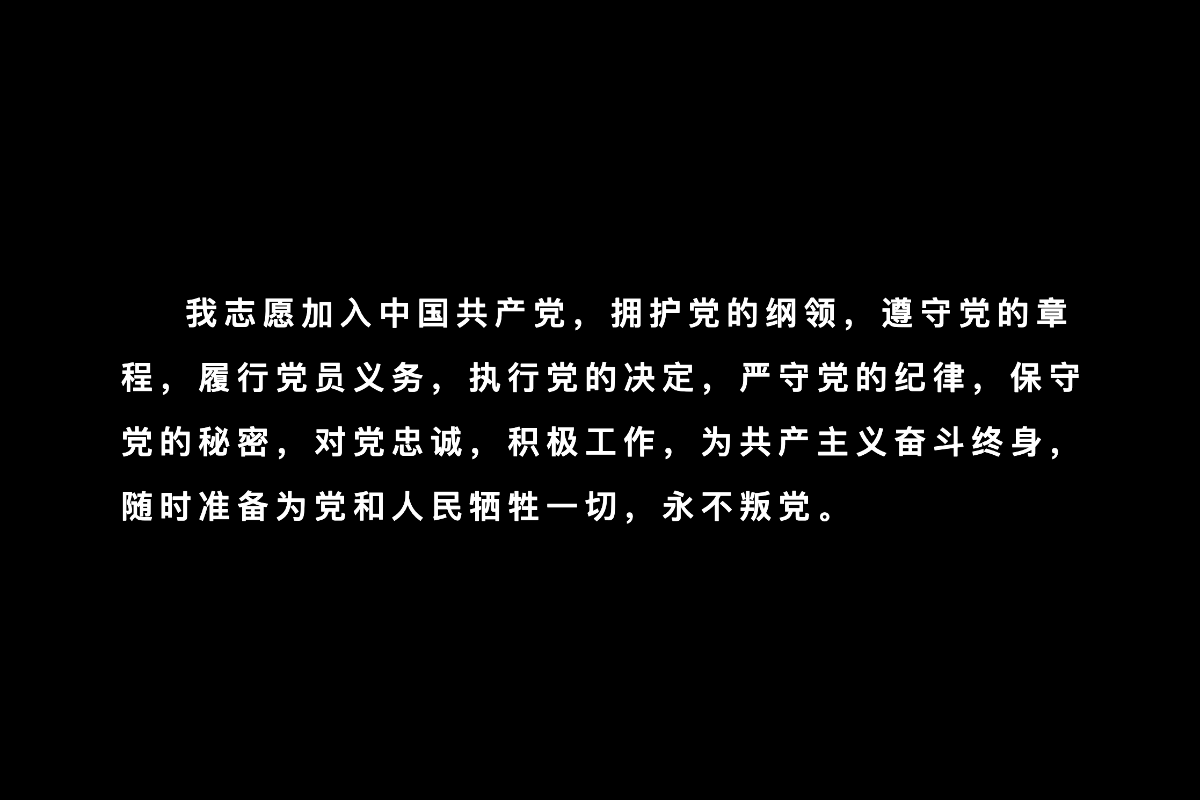Cookie详解
 浏览器
浏览器
Cookie 为解决 HTTP 无状态而生。
Cookie 的实现原理
服务器在第一次响应的时候,通过 set-cookie 响应头,将需要使用的数据发送到浏览器,浏览器会自动将其作为 Cookie 数据保存。在下一次请求时,会自动携带。
Cookie 的容量限制
单条存储有大小限制大概在 2-4KB 左右,在同源策略下,总共限制大概在 50-200 条左右。
Cookie 的属性
Name
1、Cookie 的存储方式类似于 key-value 形式,name 可以理解为 key;
2、同源策略下,name 不能重复,否则后者覆盖掉前面的。
3、虽然允许中文存储,但是尽量不要使用中文存储,有的浏览器、有的场景下,会有兼容性问题,导致乱码,name 尽量别是中文。
Value
1、Cookie 的实际值
2、存储后是字符串
3、存储中文的话,需要进行编码,读取的时候再行解码。
4、引用类型数据,先转 JSON 字符串存储,读取时在解析 JSON
Domain
Cookie 所在的域,不能跨域读写,默认存储在本域,也可以存储在本域的父级域名、根域之下
Path
Cookie 存储的路径,如果不做说明的话,默认存储是当前路径,但是其余路径的界面,就无法读取。一般情况都是存储到根目录,即 / 目录。
Expires/Max-Age
Cookie 的过期时间 / 最大时效,默认为 session 或者 / ,证明在浏览器关闭之后,就会时效。Cookie 没有永久存储的方法,但是可以通过设置无限大的时间来解决。
Size
Cookie 的大小,单位为字节,显示当前 Cookie 所占空间大小
HttpOnly
是否仅用于传输。如果该栏目为勾选状态,说明该条 cookie 是 JS 无法读取、写入的,只能通过服务器进行读写。
Secure
是否仅适用于https,如果此项勾选,该条 cookie 仅在 https 下才能生效
SameSite
是否防止跨域发送。属性说明如下:
strict:严格模式,只有同站才能发送cookie;
lax:relax的缩写,宽松模式,只有安全的跨站可以发送cookie;
none:禁止samesite的限制,必须配合secure才能使用;
Partition Key
Cookie 分区,和 SameSite = None 一样。
Priority
属性有三种: Low、Medium、High,当 Cookie 的数量超过限制时,浏览器会清除一部分 Cookie。清除哪些合适呢?Priority 属性用来定义 Cookie 的优先级,低优先级的 Cookie 会优先被清除。
客户端 Cookie 的使用方法
写入
- ---- ---
--- - --- - - - ---------
-读取
- -----
-------
-------------- - -
- - - ----------
---------- - -----
- --------
-
--
---
- --
-
-删除
- -----
--- - --- - - - - ---------
-清除
- ----
- - - -------- -----
-----
- -- - - ---- ---- -
--- - ---- - - - - ---------
-
-
-服务端 Cookie 的使用方法
NodeJS 的 Koa 框架
- - - -----
- - - -----
- --- - - ----
- --------- - - ----
-------------- - --- - -
- -
---------- ---
- -
----- - -----------
--
---------------------
-------- -- - -
----- - - - ---
---Java 的 SpringBoot 框架
package xxx.controller;
import org.springframework.web.bind.annotation.CookieValue;
import org.springframework.web.bind.annotation.GetMapping;
import org.springframework.web.bind.annotation.RequestMapping;
import org.springframework.web.bind.annotation.RestController;
import javax.servlet.http.Cookie;
import javax.servlet.http.HttpServletRequest;
import javax.servlet.http.HttpServletResponse;
import java.util.HashMap;
import java.util.Map;
@RestController
@RequestMapping("/api/cookie")
public class CookieController {
@GetMapping("/set")
public String setCookie(HttpServletResponse --------) {
Cookie ------ = new Cookie("user", "test-cookie");
--------.addCookie(------);
return "Cookie set successfully";
}
@GetMapping("/get")
public String getCookie(@CookieValue(---- = "user", -------- = false) String -----------) {
return -----------;
}
@GetMapping("/get-all")
public Object getALLCookie(HttpServletRequest -------) {
Cookie[] ------- = -------.getCookies();
Map <String, String> -- = new HashMap <> ();
if (------- != null) {
for (int - = 0; - < -------.------; -++) {
--.put(-------[-].getName(), -------[-].getValue());
}
}
return --;
}
@GetMapping("/remove")
public String removeCookie(HttpServletResponse --------) {
Cookie ------ = new Cookie("user", "");
------.setMaxAge(0);
--------.addCookie(------);
return "Cookie remove successfully";
}
@GetMapping("/clear")
public String clearCookie(HttpServletRequest -------, HttpServletResponse --------) {
Cookie[] ------- = -------.getCookies();
if (------- != null) {
for (int - = 0; - < -------.------; -++) {
Cookie ------ = new Cookie(-------[-].getName(), "");
------.setMaxAge(0);
--------.addCookie(------);
}
}
return "Cookie clear successfully";
}
}





















